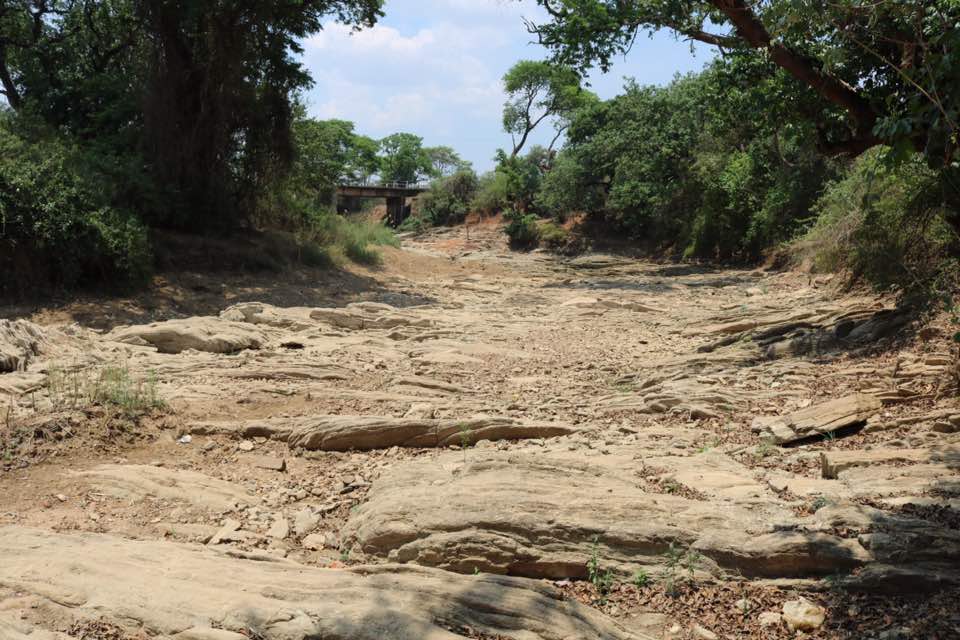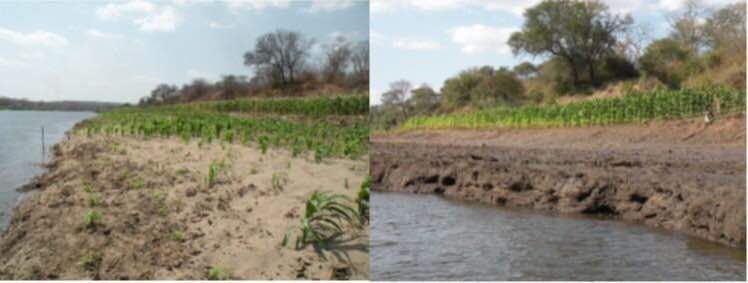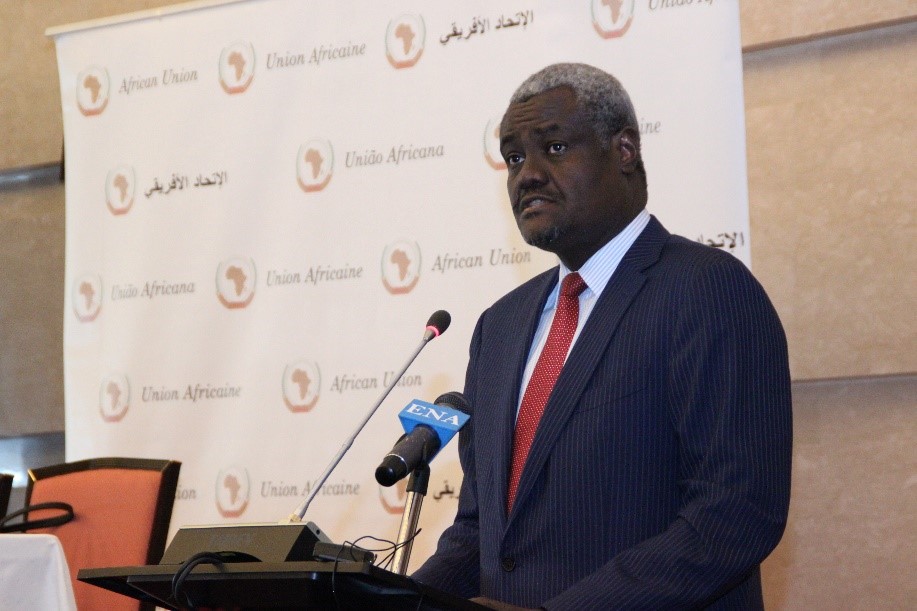
Friday Phiri/PAMACC News
Sustainable Development Goal (SDG) number six is about ensuring availability and sustainable management of water and sanitation for all.
However, the noted increase of droughts, both in frequency and intensity blamed on climate change have resulted in increased incidences of water related conflicts due to high demand.
Some of the noted misunderstandings and conflicts range from, and are a result of water blockages in form of weirs for gardening, overgrazing, to river bank cultivation leading to silting, threatening the very existence of particular water bodies on which the communities depend for their domestic use, and in some cases, animal drinking points.
With this in mind, experts believe support and strengthening of the participation of local communities in water and sanitation management—a key strategy under SDG-6, should be a matter of urgency. Therefore, as the global community raises water to the top of its agenda, countries are following suit.
“The new water Act empowers the community to have a greater say in the management of water resources in their catchment,” says Rowen Jani of the Water Resources Management Authority, an established national Agency charged with the responsibility of planning for, and ensure the sustainable and rational utilisation, management and development of water resources.
Jani, who is Manager for the Kafue River catchment, adds that climate change has added extra pressure and demand for water among different users, hence, “the Act’s insistency on community participation in the management of these resources.”
Until 2011, Zambia’s water governance system remained centralised such that there was little involvement of the local communities in the management of water resources in their localities.
But the reforms in the water sector, allowed for the 1949 Water Act to be replaced by the Water Resources Management Act No 21 of 2011 which provided for the establishment of WARMA.
It is this Act which provides for decentralisation of water resources management. And at the lowest community level, it provides for the establishment of Water Users Associations (WUAs)—non-profit organisations that are initiated, and managed by a group of primary water users and other interested water stakeholders, along one or more raw water sources (hydrological sub systems) regardless of the type of use.
“The objective of the WUAs is to ensure the management, development and protection of raw water sources and their ecosystems within designated boundaries,” explains David Banda, Community Engagement Officer at WARMA’s Kafue Catchment management office based in Mazabuka, Southern Zambia.
Other than understanding the actual problem and the urgency of solutions, WUAs present a platform for different water users (regardless of size) to come together to establish their water priorities and jointly agree on respective actions to ensure water is accessible in good quantity and quality, thereby preventing and reducing possible conflicts.
According to Emmanuel Mumba, Acting Director of Legal Services at WARMA, once the Statutory Instrument (SI) is issued, “some of the key functions of WUAs would be to promote the participation of the community in water resources management and ensure gender mainstreaming in decision making processes relating to the use of water; and investigate and deal with disputes relating to the use of water as may be prescribed.”
And the traditional leadership is elated by this policy reform which they believe would dramatically transform the management of water resources in their localities, which has been a historical preserve of the central government.
“I must commend government for this remarkable decision to undertake reforms in the water sector,” said Tyson Hamaamba, Ngambela for Chieftainess Choongo, during a community stakeholders’ meeting to prepare for the formation of WUAs for various water resources in Southern Zambia’s Kafue Catchment.
“It is the first meeting of its kind where we are called as community members and traditional leadership to plan and get involved in the management of our water resources.”

With Agriculture dominating rural life, one of the hardest people with climate induced water challenges among community water users are smallholder farmers, and improving water security for this group has become a pre-occupation of most development actors as they aim to safeguard food and nutrition security.
And one such organisation is SNV—the Netherlands Development Organisation which is implementing a Water Smart Use project, supporting 1, 200 small-holder farmers in the Lower Kafue sub-catchment.
“The main objective is to strengthen local water resources management and enhance climate sensitive water use at farm level,” says Nina Mukubesa, Water Governance officer at SNV.
“We aim to establish demonstration sites and train farmers in water harvesting, storage, and irrigation, as well as soil management and agroforestry, with a focus on water use efficiency for their crop production,” emphasising the importance of adaptation to the changing weather pattern.
Whereas the SI is yet to be issued, partners such as GIZ, the German Society for International Cooperation, stepped in to offer support to WARMA to undertake community stakeholder meetings in readiness for the formation of Water Users Associations.











